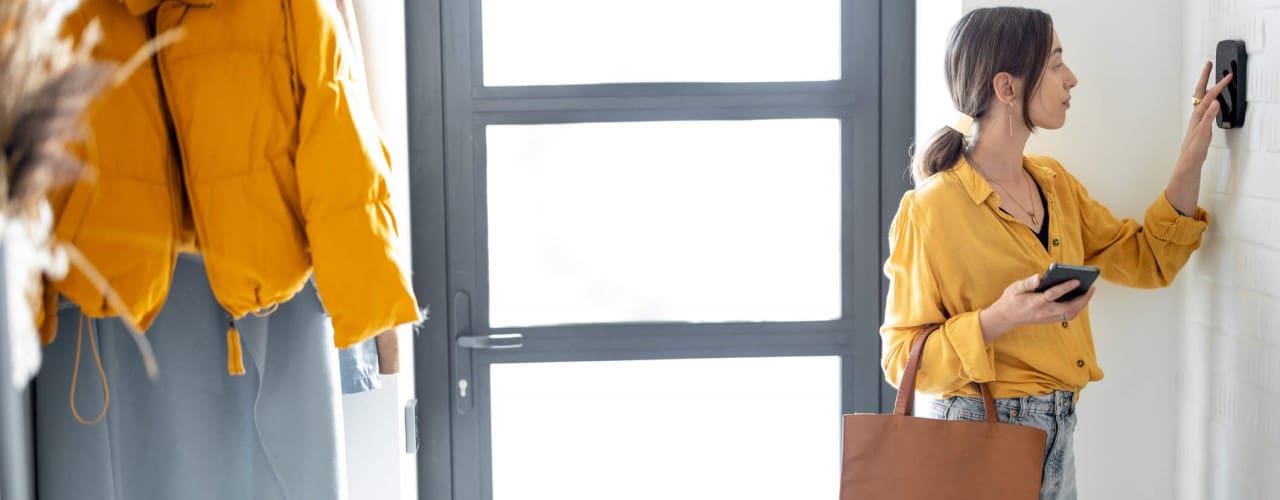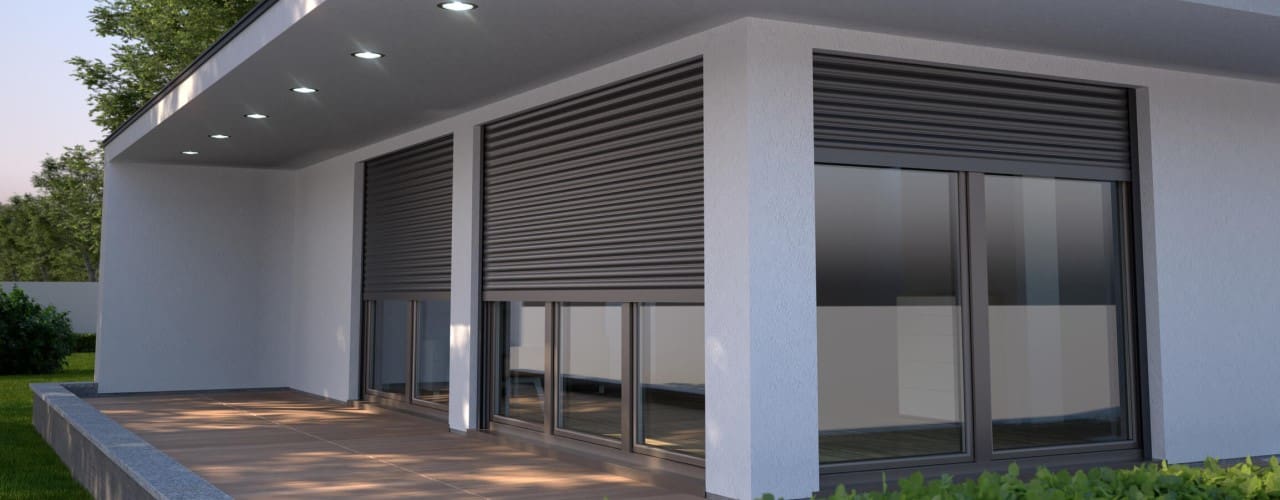
Choosing the Ideal Wireless Security Alarm System
Wireless security alarm systems combine convenience, flexibility, and advanced features, making them a popular choice...
There’s an old adage that says that you get what you pay for. Or the slightly more abrasive one that says that if you pay peanuts, you get monkeys.
And I don’t know of anyone who disagrees with it. After all, a brand new BMW costs more than a 10 year old Vauxhall, but given a free choice, who would plump for the Vauxhall? Who would choose a B&B in Skegness over a Caribbean cruise? (No offence meant, Skegness).
It comes down to how people view affordability and value for money.
So, here’s the thing.
What’s the value for money of good security measures, whether it’s at home or at work? Let me frame that question slightly differently. What would be the impact to you at home, or to your company at work, if the security measures put in place fail to keep out a burglar? If everything is stolen?
If your place of work was broken into, and all the stock, all the IT infrastructure, all the cash in the safe were stolen, could your company survive that? And if they couldn’t survive, wouldn’t that mean you’d be out of a job?
You occasionally see stories in the local paper where people are appealing for the return of a family heirloom – they don’t care about the DVDs and computer games, but please let them have their grandmother’s wedding ring back, because of its sentimental value.
Let me tell you now, those appeals very very rarely work. Two reasons:- (A) Burglars aren’t sentimental people, they just don’t care and (B) they’ve already sold it on.
And the situation could have been avoided by spending some money on home security. Burglars like the easy target. They’ll pick the house without an alarm over the house with an alarm (81% of burglars surveyed have explicitly said that).
But, you get what you pay for.
If a burglar has a choice between a home with a professionally installed alarm, and a DIY one, which will they choose?
A shop-bought system is unlikely to be monitored – in other words, it won’t communicate with a monitoring station or direct to the owner of the property, that the alarm system has been triggered. And who, these days, listens to a neighbour’s alarm going off and thinks “I must phone the police”? More likely, they think “What a nuisance, I hope that noise doesn’t go on for hours.” So, whilst DIY alarms are better than no alarm at all, they are less of a deterrent than a pro alarm.
Then what happens when the system goes wrong? No problem, really, you just go back to the shop where you bought it, and buy a replacement component. Apart from people who bought their system from Maplins, of course.
Ah, but Amazon are a huge company, they’re going nowhere. For sure that’s true, but Amazon don’t sell the vast majority of the goods that are bought on their website, most of it comes from far smaller companies, leveraging the power of Amazon’s marketplace platform.
Going off slightly at a tangent here, have you seen various news stories about farmers complaining that they can’t make a living selling milk? The supermarkets, being such large companies, are dictating the price they will pay, and it’s just not enough to be profitable. Some try to find other selling channels, whilst the unlucky ones carry on until their business fails. And then the supermarkets go and find someone else to buy from.
Hey, big news, the DIY superstore chains do exactly the same thing. The effect is that you can’t rely on them to stock spares for the system you bought there 4 or 5 years ago, either.
Now, I’m not saying that professional alarm installers don’t switch suppliers, and manufacturers don’t make products obsolete. Of course they do. But it’s in their interest to keep their customers happy, it’s in their interests to keep the same supplies available as much as possible, because it keeps life simpler for them.
And yes, this generally costs you more. But what’s the point of saving a few hundred pounds buying a system that in 4 or 5 years time isn’t as effective, or just plain doesn’t work at all and can’t be fixed? Whereas a professionally installed and maintained system is normally effective for 10, 15 years and longer, and it can be upgraded without having to replace every single component.
You get what you pay for.

Wireless security alarm systems combine convenience, flexibility, and advanced features, making them a popular choice...

With security issues on the increase, the safe protection of residential or commercial properties is...

Windows are often the most vulnerable points of entry for burglars and strengthening your window...
Lorem ipsum dolor sit amet, consectetur adipiscing elit.
For further information about Amberley Security, please do not hesitate to get in touch. We are always happy to help.